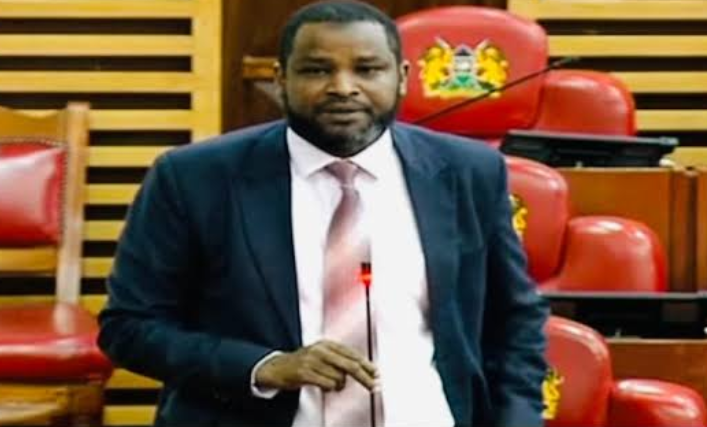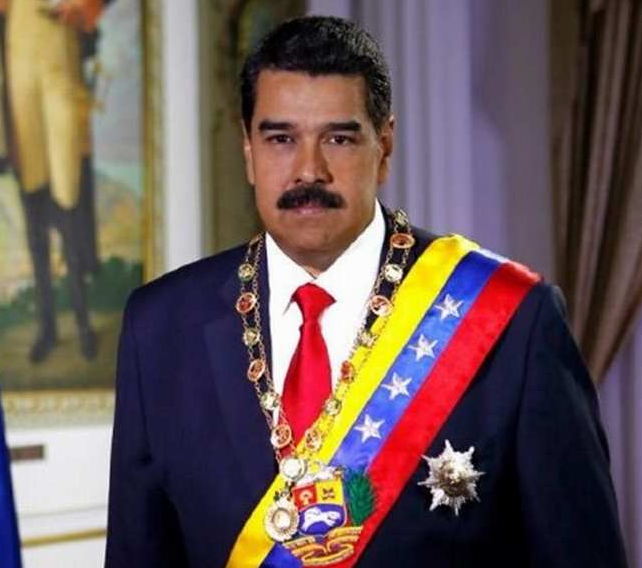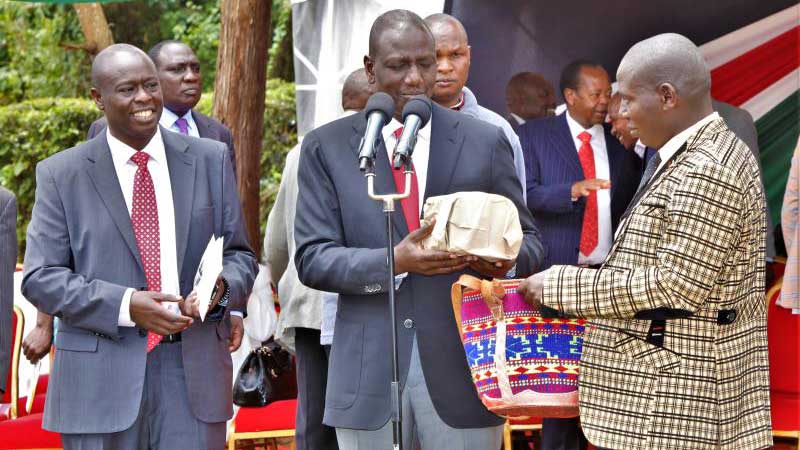NAIROBI, Kenya — Trans Nzoia Governor George Natembeya has stirred the political pot once again with a daring proposal: stop all government officials from running private businesses while in office.
His reasoning is simple—if the government continues to double as a cartel playground, ordinary citizens will never thrive.
In a fiery interview on Wednesday, July 9, the outspoken governor declared that politicians must choose: serve the public or chase profits. He warned that conflicts of interest have corrupted governance and blocked economic opportunities for millions of Kenyans.

Why Govt Officials Must Not Run Private Businesses While in Office
Governor Natembeya’s proposal calls for legislation that will bar all public servants—from the president to junior officials—from engaging in personal business ventures during their time in office. According to him, this single step could begin to dismantle the deep-rooted cartel networks choking Kenya’s economy.
“The government itself is a cartel,” Natembeya said during a Spice FM interview. “When leaders are allowed to do business while in power, they shut out ordinary citizens. They award themselves contracts, use public resources to build empires, and shield their corrupt business allies.”
His argument hits at the heart of Kenya’s political economy. Powerful figures often control large portions of critical sectors—real estate, fuel, imports, retail—while also making policies that directly benefit their own firms. Natembeya insists this overlap creates dangerous conflicts of interest, cripples fair competition, and destroys the spirit of entrepreneurship.
He added that those who had businesses before joining government should put them on hold for the duration of their term. “You cannot be a referee and a player,” he said. “If you’re truly serving the people, you should not be doing business behind their backs.”
Political Cartels Fuel Public Anger
Natembeya’s statement comes at a volatile moment. Nationwide protests have intensified in recent weeks, with demonstrators accusing government leaders of looting public resources, raising taxes, and enriching themselves while the cost of living skyrockets.
A growing belief among Kenyans is that the state has been captured by political cartels — shadowy groups made up of business partners, family members, and close allies of top politicians. These cartels allegedly control tendering processes, manipulate prices, and eliminate competition through state protection.
By preventing government officials from doing business, Natembeya believes the cartel grip can be broken. “Cartels thrive when they are close to power. If we remove the business incentive from political seats, we reduce the corruption that feeds these cartels,” he said.
The governor’s call gained traction just hours after the opposition coalition announced a nationwide economic boycott targeting businesses owned or affiliated with President William Ruto and his allies. In a statement, the opposition promised to release a list of companies linked to top officials and called on the public to stop supporting them.
“We therefore issue a call to action: boycott all businesses, services, and institutions owned, operated, or publicly linked to this regime and its enablers,” the opposition declared.
Conflict of Interest Hurts Public Service and Economy
At the heart of Natembeya’s argument is the issue of divided attention. Leaders who run private businesses often prioritize profits over people, using their offices for personal gain rather than national development.
“When a Cabinet Secretary owns a transport company, will they build roads to serve the people or routes that benefit their trucks?” asked one activist supporting the proposal.
Transparency International and other civil society watchdogs have long warned about the risks of public officials running businesses. The Kenya Public Officer Ethics Act does require declaration of interests—but in practice, enforcement is weak and full of loopholes.
Natembeya is calling for a complete shutdown of private dealings for officials during their term. “Let them pause. Let them step away from tenders, contracts, and kickbacks. Focus on your job, serve the people, and go back to business later,” he argued.
This position challenges Kenya’s long-standing culture of political wealth-building. Many politicians join government with the goal of expanding their business empires, not delivering results. Natembeya says that must end—and it must start now.








































